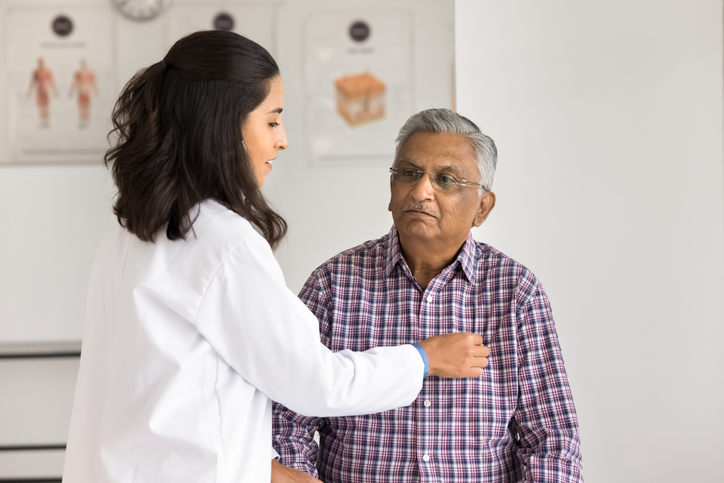Follow Up with Primary Care Physician After ER Visit

According to the CDC, more than 130 million Americans visit emergency rooms each year. Some of the most common reasons for a trip to the emergency room include chest pain, stomach or abdominal pain, stroke symptoms, difficulty breathing, seizures, falls, concussions, broken bones, and other injuries or traumas. After being evaluated by a physician, diagnostic tests such as blood work, x-rays, or CT scans may be ordered. The patient will receive appropriate care based on the evaluation. If discharged, the person will be advised to follow up with their personal physician.
Why is a follow up with your own doctor important? The following are some of the primary reasons to follow up a trip to the emergency room with a visit to your primary care physician.
Continuity of Care
Your personal physician has your medical history and a record of your past care. This physician is equipped to provide continuity of care in treating your medical conditions. The patient should describe the symptoms that led them to seek emergency care and bring their hospital discharge papers, as well as any new medications, to their follow up doctor visit.
Management of Chronic Medical Conditions
The primary care physician can determine whether the patient may need a referral to a specialist. The primary care physician should always be apprised of any changes in conditions, to help manage overall healthcare. They can determine whether any new medications are compatible with existing medications the patient is taking.
Determine Whether Additional Tests are Needed
Some test results from the ER may indicate the need for follow up testing. This is especially important if a new medication has been prescribed. The primary care physician will be able to monitor the patient for any complications that may arise.
Risk of Subsequent Hospitalizations Reduced
Studies have shown that patients with chronic diseases are at higher risk of repeat hospitalization, or even death, if they do not see their personal physician or specialist within 30 days after discharge from the ER. This is especially true of patients suffering from heart disease, diabetes, or chronic lung disease. A prompt follow up visit with their own physician may be critical to their care management.
Next Steps
Patients should not assume the hospital will notify their personal physician about the emergency room visit. It’s always appropriate for the patient to call their own doctor within a few days of their trip to the emergency room. RMD Primary Care physicians are Board Certified in Family Medicine and Internal Medicine. They are qualified to provide continuing and comprehensive medical care, health maintenance, and preventive services. Contact us to schedule an appointment.




